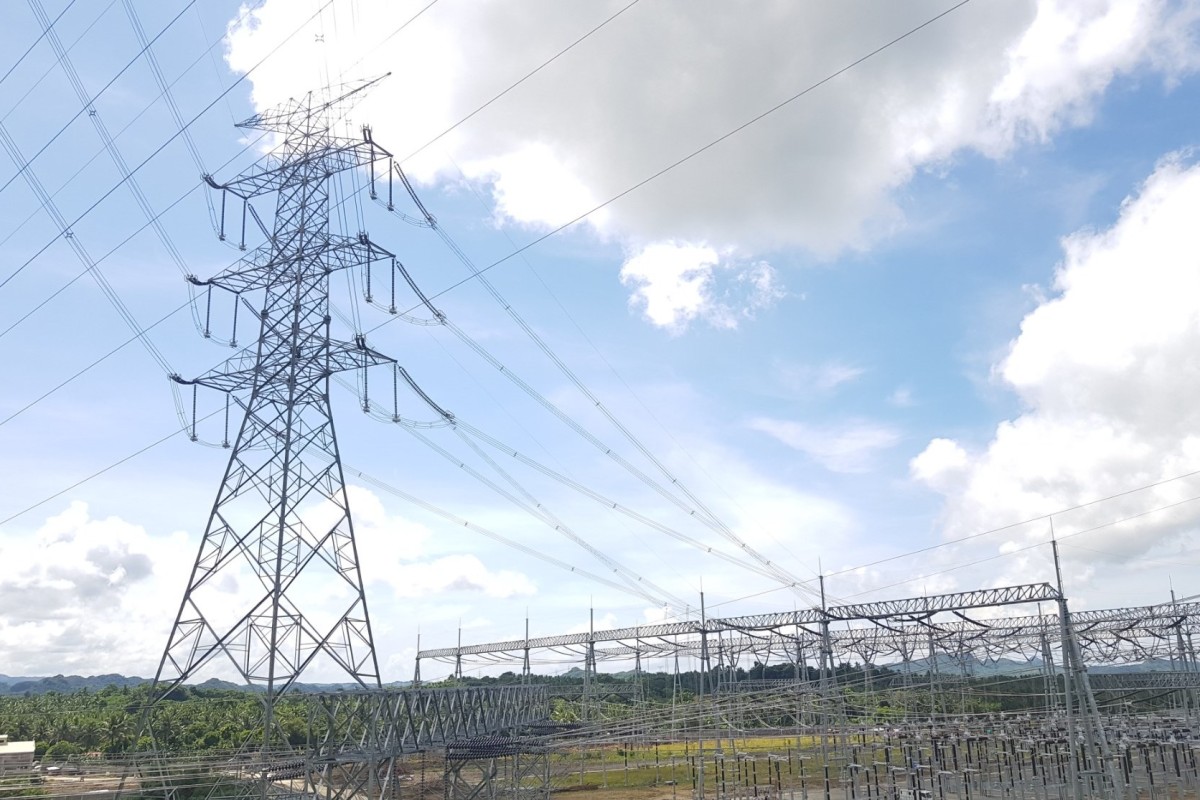DAVAO CITY (PIA)-- The National Grid Corporation of the Philippines ( NGCP) clarifies that many factors came into play concerning the grid alerts and incidents that were widely publicized in the recent days.
The system disturbance and the widespread outages in Panay Island between April 27 and 29, and the red alert raised in the Luzon grid resulted from a confluence of events that support its call for better and proper power system planning across all three members of the energy supply chain, namely generation, transmission and distribution.
NGCP explained that while there were grid incidents monitored in both the Luzon Red Alert on May 8, as well as the Panay Island outages, these incidents by themselves, ought not to have caused the effects seen.
“In the case of Panay Island, NGCP’s protection systems, which were communicated and coordinated with its grid connected customers from both the generation and distribution sides, functioned as intended,” the company explained.
It added that “As we explained to Congress yesterday, only the consumers connected to the line that tripped should have been disengaged from the grid. It was unfortunate that a power plant disengaged from the transmission system unexpectedly.”
Accordingly, this response from the generating unit is both unexpected and undesirable. The resulting undervoltage and underfrequency was severe and unrecoverable, and was the direct cause of the tripping of other power plants connected to the system, and ultimately, the Panay sub-grid collapse, the NGCP said.
The subsequent trippings that occurred on April 28 and 29, 2023 were a direct result of the avoidable events of April 27, 2023.
With regard to the Luzon Red Alert, NGCP’s initial investigation on the sequence of events on May 8, 2023, showed the tripping of Bolo-Masinloc 230kV Line 2. This line is N-1, or operates with a redundancy. The load carried by Line 2, when it tripped, was automatically transferred to Line 1.
Each of Lines 1 or 2 is more than capable to singularly carry the entire loading of the Bolo-Masinloc 230kV facility at any time.
“It should have ended there. Similarly, there was an unexpected and undesired response from a generating plant which tipped the balance of supply and demand, and a red alert was raised,” the NGCP said in a press release.
NGCP notes that prior to the occurrence of the faults, unplanned outages of plants and the deration of other plants contributed to the situation. These unplanned outages are outside of the Grid Operating and Maintenance Program planned well ahead and coordinated by NGCP with the power plants and approved by the Department of Energy.
On its part, NGCP commits to complete several large transmission projects within the next few months to help strengthen the transmission system and better support the power system.
“We continue to advocate for a holistic approach to power planning. Development in all sectors involved in the power industry must be coordinated, with due attention given to each. We support the Department of Energy in all its efforts, and we are confident of its continued support to all sectors,” the company said.
It also assures the public and its stakeholders that it is exerting all efforts to implement all necessary solutions to prevent any similar grid incident. (PIA XI/ NGCP PR)




